Case for Systems Modernization By Prashant D. Bharadwaj, Tata Consultancy Services (TCS)
Executive Summary:
As the CIO/CTO, it is essential to address the growing need for modernizing our IT infrastructure. Our current legacy systems, while having served us well over the years, are increasingly becoming a constraint on our ability to scale, innovate, and remain competitive in a rapidly changing market. This proposal outlines the strategic necessity of modernization and the key role that Tata Consultancy Services (TCS) can play as a trusted partner in executing this transformation.
Through systems modernization, we aim to drive operational efficiency, reduce costs, enhance security, and enable business agility—all of which are critical for the long-term growth and competitiveness of our clients.
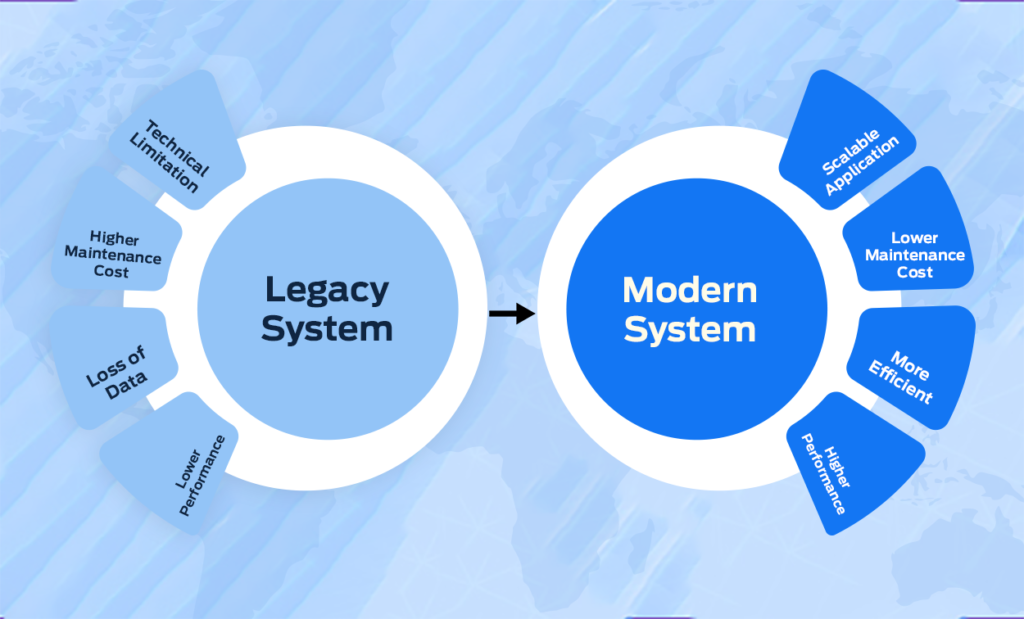
1. Current State Assessment
Our legacy systems, built on outdated technologies, are no longer aligned with the speed and complexity of today’s business demands. The following challenges are increasingly impacting our organization:
Performance and Reliability Issues : The current systems suffer from slow performance, frequent downtime, and an inability to efficiently handle increasing workloads.
Security Vulnerabilities : As cyber threats become more sophisticated, our aging infrastructure lacks the advanced security features necessary to mitigate these risks. Moreover, our systems are not fully compliant with evolving regulatory standards such as GDPR, HIPAA, etc.
Lack of Scalability : Our legacy systems struggle to scale, limiting our ability to support growing data volumes, transactions, and customer demands.
High Maintenance Costs : The complexity of maintaining outdated systems has resulted in increasing costs—both in terms of resource allocation and external vendor dependencies.
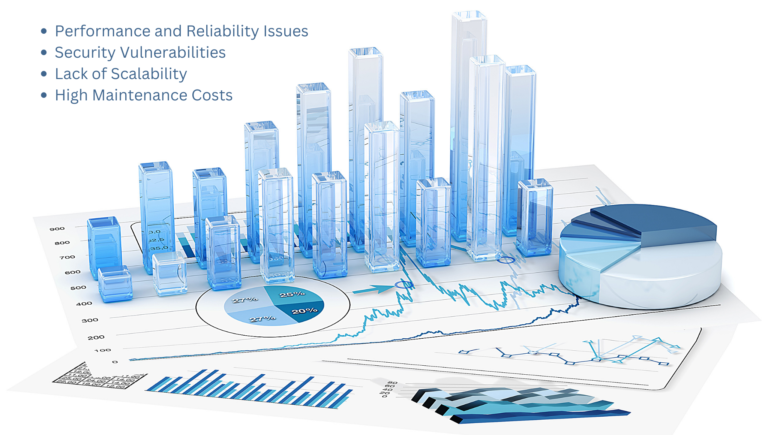
2. Strategic Objectives for Modernization
Operational Efficiency : Modernizing our systems will automate routine processes, reduce manual effort, and enhance productivity across departments.
Cost Reduction : By moving away from legacy systems, we anticipate significant cost savings in maintenance, licensing, and hardware upkeep.
Security & Compliance : TCS , with its expertise in advanced security frameworks, will help ensure that our systems are robust, compliant with industry regulations, and capable of mitigating emerging threats.
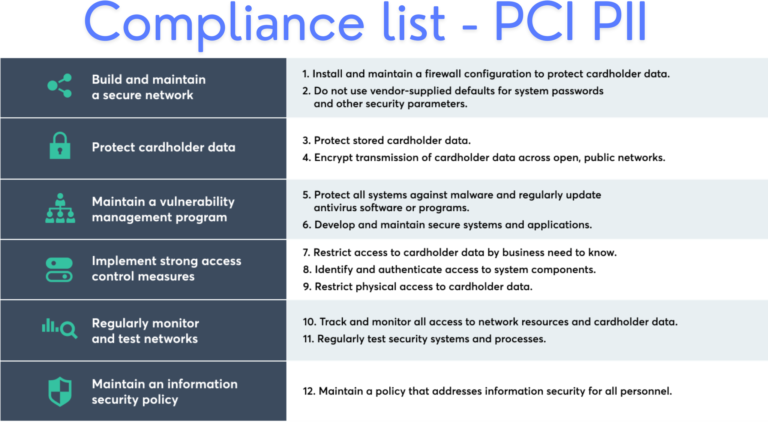
Scalability and Flexibility : Cloud-based solutions, supported by TCS ’ cloud expertise, will allow us to scale rapidly in response to business growth, ensuring that we can efficiently meet increasing demands.
Business Agility & Innovation : Modern systems will enable faster time-to-market for new products and services, facilitate better customer engagement, and support innovation initiatives.
3. The Financial Case for Modernization
While systems modernization requires an upfront investment, the long-term benefits far outweigh these costs. Here’s how we can expect to benefit financially:
Total Cost of Ownership (TCO) : By replacing legacy systems with modern, cloud-based platforms, we will reduce ongoing infrastructure costs, licensing fees, and IT resource expenditures.
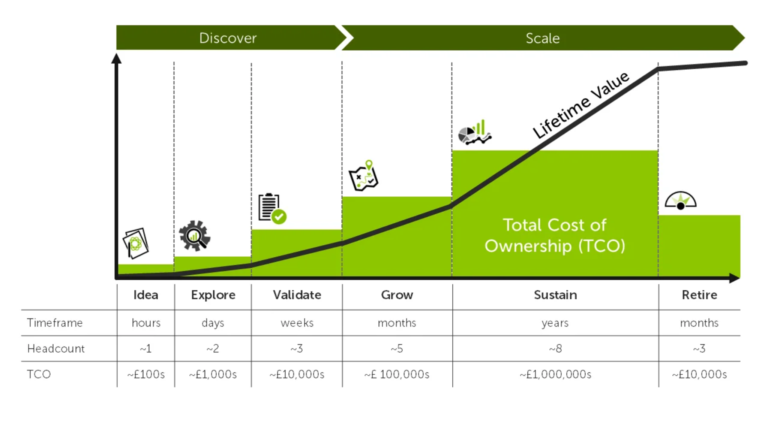
Operational Savings : Automation and process improvements will lead to greater efficiency across the organization, translating to reduced operational costs and better utilization of resources.
Revenue Growth : Enhanced systems will improve customer experience, reduce time to market, and enable new business models, contributing to top-line revenue growth.
Risk Mitigation : A modernized, secure IT environment reduces the risk of data breaches and regulatory non-compliance, protecting both our financial health and reputation.
In partnership with TCS , we will develop a detailed ROI model that outlines the cost-benefit analysis and expected payback period. Based on industry benchmarks and TCS ’s proven track record, we expect to see substantial financial returns within [X] years.
4. Technological Advancements and Opportunities
As part of the modernization journey, TCS will bring its deep expertise in emerging technologies to enable us to leverage the following advancements:
Cloud Computing : By migrating to the cloud, we will gain scalability, flexibility, and cost efficiency. TCS ’s experience with leading cloud platforms (e.g., AWS, Microsoft Azure, Google Cloud) will ensure a seamless and secure transition.
Data Analytics & AI : TCS will help integrate data analytics, machine learning, and AI capabilities into our systems, unlocking new insights for data-driven decision-making, predictive analysis, and process automation.
Cybersecurity : As a leader in IT security, TCS will provide us with advanced cybersecurity measures—ranging from threat detection to real-time monitoring—ensuring the safety of our critical business data and infrastructure.
APIs and Microservices : Modern systems built on microservices and APIs will allow for more seamless integration with third-party applications, creating a flexible and adaptable IT ecosystem that can evolve as we do.
These technologies will empower us to innovate faster, serve customers better, and maintain a competitive edge in the market.
5. Risk Management and Mitigation
Systems modernization comes with its challenges. However, TCS ’s proven expertise in large-scale IT transformations positions us well to address potential risks:
Phased Approach : We will adopt a phased migration strategy, with TCS leading the way in managing the process in stages. This will allow us to test new systems in a controlled manner and minimize disruptions.
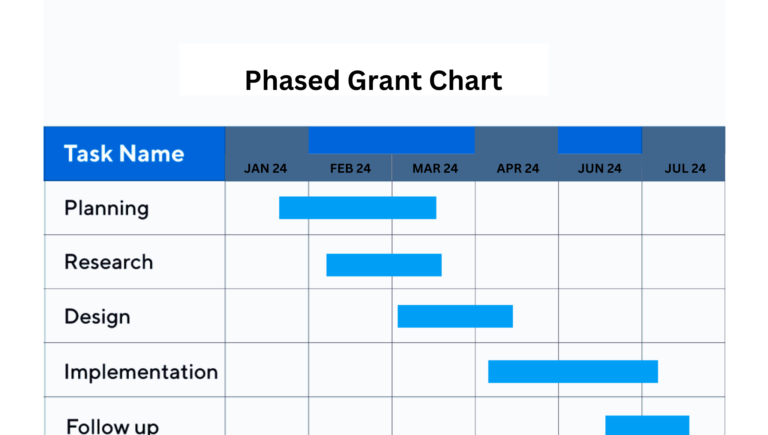
Change Management : A comprehensive change management plan will be implemented, with training and support for all stakeholders. TCS will assist us in ensuring smooth adoption by our teams, with minimal resistance.
Contingency Planning : In partnership with TCS , we will develop contingency plans for key risks such as data migration issues, integration challenges, and short-term performance dips during the transition.
With TCS ‘s global experience and industry-specific insights, we will mitigate risks effectively and ensure that modernization is executed smoothly and within the defined timeline.
6. Competitive Advantage and Long-Term Vision
In today’s rapidly changing business environment, organizations must be able to innovate and respond to market shifts quickly. Our partnership with TCS will provide us with the tools, technologies, and expertise needed to stay ahead of the competition.
By modernizing our systems now, we are laying the foundation for continued growth and success. TCS ’s ability to integrate new technologies and drive digital transformation will ensure that we remain adaptable, secure, and competitive in the years to come.
Moreover, modernization will allow us to more effectively capture new business opportunities, enter emerging markets, and enhance customer experiences, driving sustainable revenue growth.
7. Metrics for Success
We will track and measure the success of the modernization project using the following KPIs:
System Uptime and Reliability : Achieving a significant reduction in system downtime and improving availability metrics.
Cost Savings : Realizing a reduction in TCO, including savings in infrastructure, software, and maintenance.
Security Compliance : Meeting all relevant security and regulatory standards with no major breaches.
Operational Efficiency : Increased automation and faster processing times, resulting in lower operational costs.
Customer Satisfaction : Improved user experience and faster response times, leading to higher customer satisfaction scores.
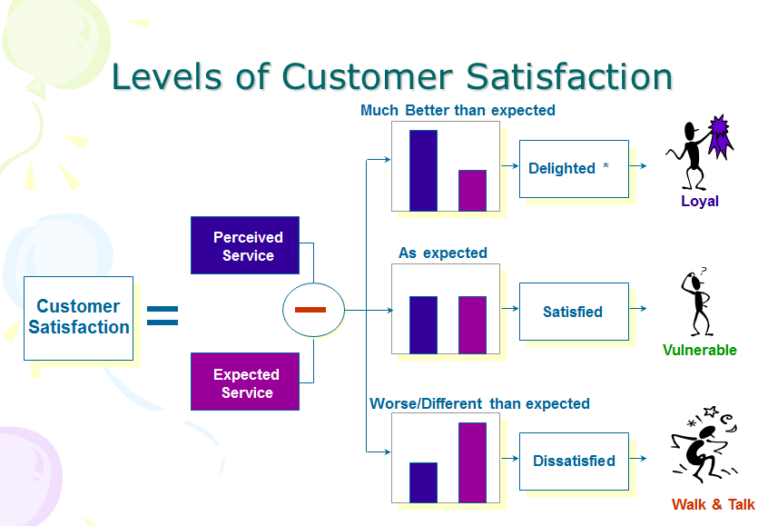
Revenue Growth : Increased revenues driven by faster time-to-market, better customer engagement, and new business opportunities.
We will work closely with TCS to continuously assess these metrics and adjust our approach as necessary to ensure the success of the modernization initiative.
Conclusion and Next Steps
Modernizing our IT systems is no longer optional; it is a critical strategic initiative that will empower us to scale, innovate, and remain competitive. TCS , with its deep expertise and successful track record in digital transformation, can be an invaluable partner in this journey.
I recommend that we proceed with the following next steps:
1. Approval for the feasibility study and initial budgeting for the modernization program.
2. Launch the pilot phase with TCS leading the project management and execution.
3. Form a cross-functional steering committee to oversee the implementation, ensuring all stakeholders are aligned.
I am confident that with TCS as our partner, we will successfully modernize our IT infrastructure and create a platform for future growth and innovation.
Thank you so much for taking the time to read this post! If you found the information shared here to be helpful. By subscribe, you’ll receive the latest updates and insights directly, ensuring you stay informed and engaged.